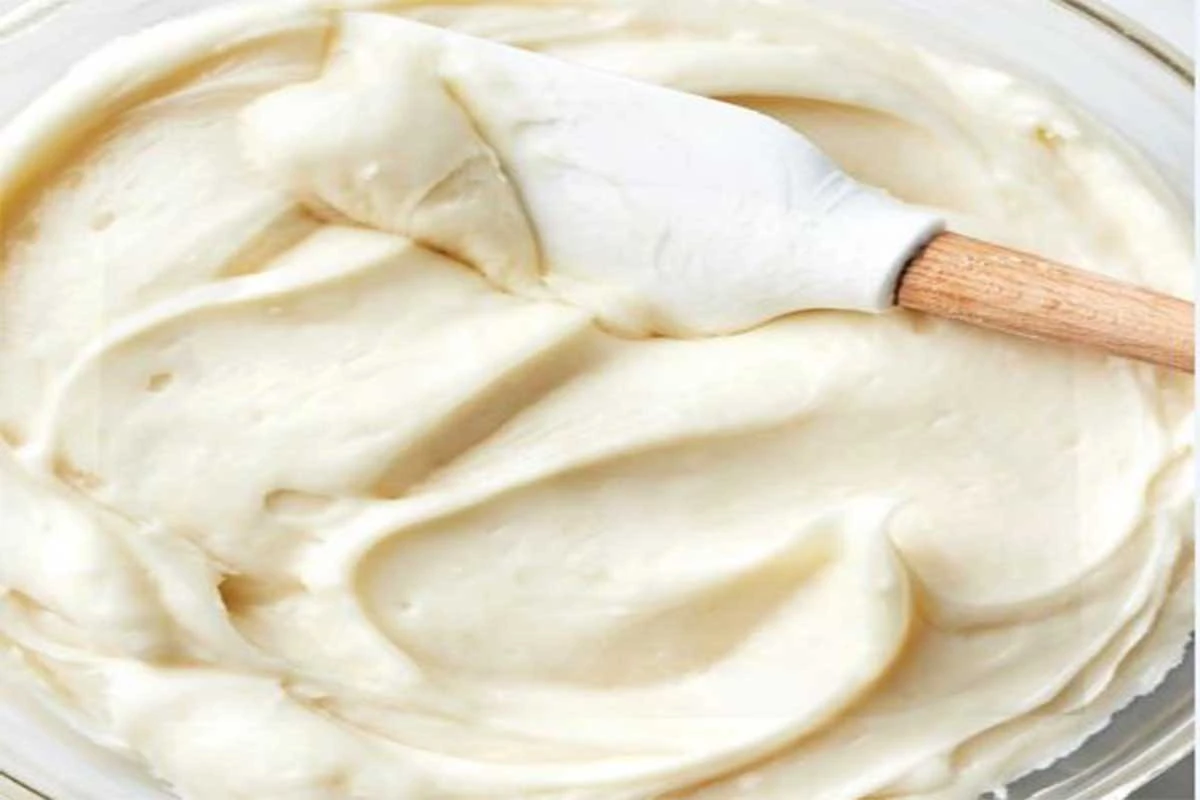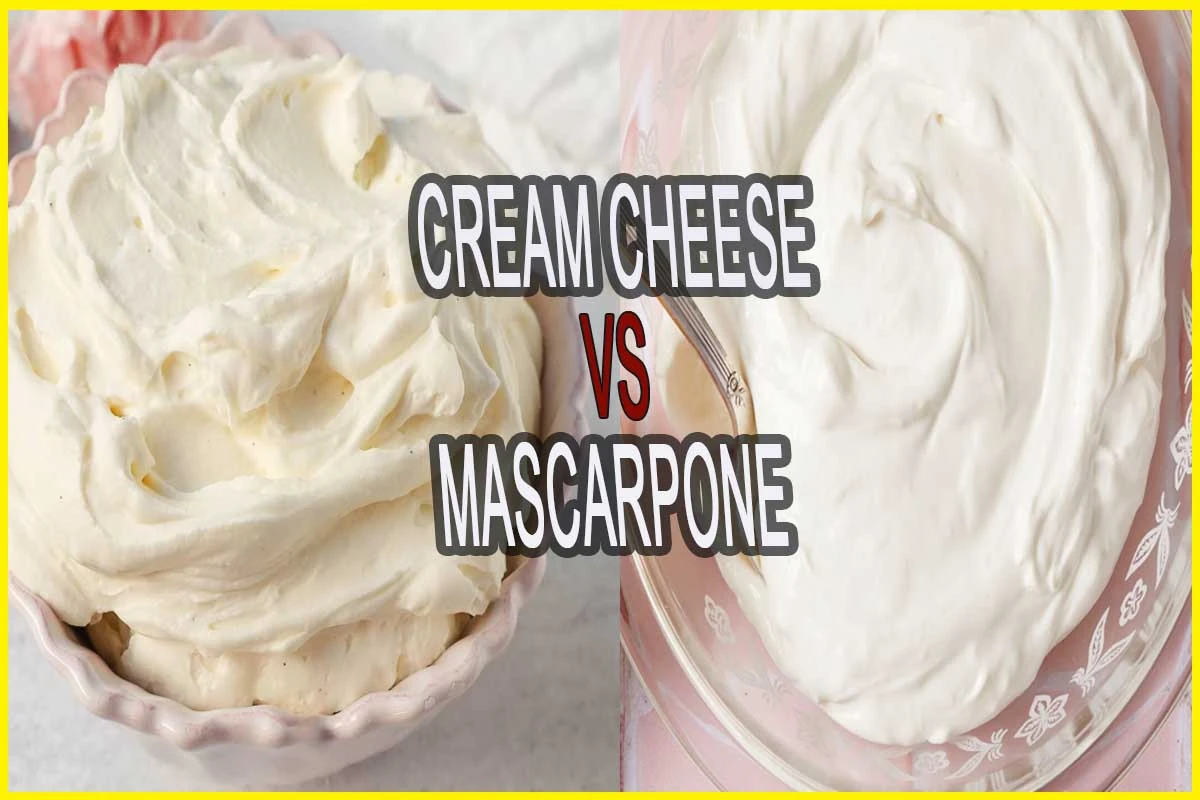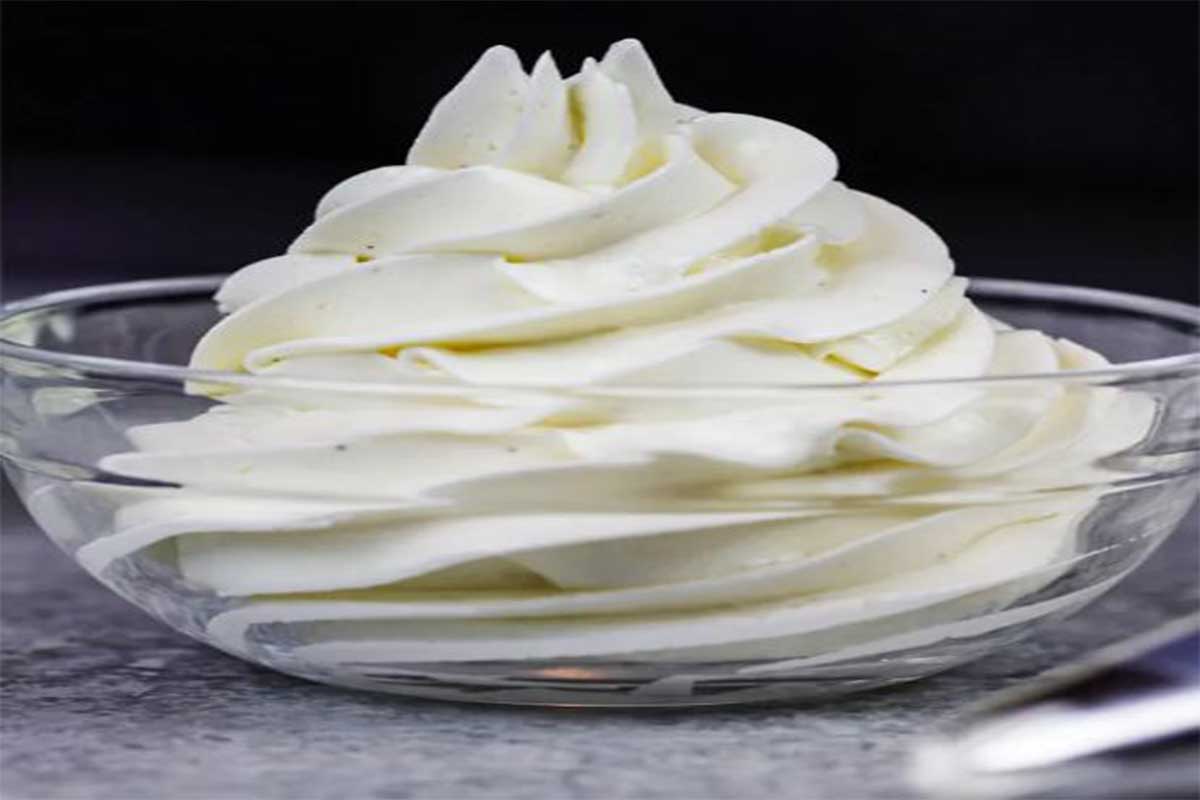In the quest for the perfect cheesecake, a creamy debate simmers: cream cheese or mascarpone? This article dives deep into the heart of cheesecakes, comparing these two beloved ingredients. From texture and flavor to culinary uses beyond the dessert world, we’ll explore every nook and cranny of this delicious dilemma. Whether you’re a seasoned baker or a curious foodie, join us on this creamy journey to discover which cheese will make your cheesecake a masterpiece.
Introduction to the Creamy Debate
Ah, cheesecake – that sublime dessert that dances gracefully between the worlds of cheese and cake. At its heart lies a question as old as time (or at least as old as cheesecake itself): which is better, cream cheese or mascarpone? This isn’t just about choosing an ingredient; it’s about crafting an experience, a slice of heaven that melts in your mouth and leaves you yearning for more.
In one corner, we have cream cheese, the classic choice, known for its tangy kick that balances the sweetness of sugar and the graham cracker crust. It’s the backbone of the traditional New York-style cheesecake, offering a dense and creamy texture that’s hard to resist.
In the other corner stands mascarpone, the Italian stallion of the cheese world, with its rich, buttery flavor that elevates the cheesecake to new levels of decadence. It’s like the silk sheets of the cheesecake world, smooth and luxurious, making every bite an indulgence.
But here’s the rub: choosing between cream cheese and mascarpone isn’t just a matter of taste. It’s about understanding the nuances that each brings to the table – the texture, the flavor, and yes, even the nutritional content. It’s about considering the availability and cost, and knowing when and how you can substitute one for the other without compromising on the quality of your dessert.
So, buckle up, dear reader. We’re embarking on a creamy adventure, a journey through the world of cheesecakes, where we’ll dissect every aspect of these two contenders. By the end, you’ll not only know which cheese reigns supreme but also why it does. Whether you’re team cream cheese or team mascarpone, one thing’s for sure: you’re in for a treat. Let’s dive into the creamy heart of the matter and settle this debate once and for all.
Understanding the Contenders
Before we dive into the creamy depths of our cheesecake debate, let’s get acquainted with our contenders. Knowing the origins, characteristics, and culinary roles of cream cheese and mascarpone will set the stage for our delicious duel.
What is Cream Cheese?
Originating from the United States in the late 19th century, cream cheese is a soft, mild-tasting cheese made from cow’s milk. It boasts a high fat content, which contributes to its smooth, spreadable texture. Unlike other cheeses, it undergoes minimal aging, resulting in its signature fresh taste with a slight tang. This tanginess is the secret weapon that balances the sweetness in a cheesecake, providing a complex flavor profile that’s hard to beat.
Cream cheese has become a staple in kitchens worldwide, not just for its role in cheesecakes but also as a spread for bagels and a key ingredient in frostings and dips. Its versatility and accessibility make it a favorite among both professional chefs and home cooks. For those looking to learn more about cooking techniques that involve cream cheese, MasterClass offers exclusive lessons from world-renowned chefs.

What is Mascarpone?
On the other side, we have mascarpone, a gem from Italy, specifically from the Lombardy region. Known as Italian cream cheese, mascarpone is richer, containing more butterfat than its American counterpart. This results in a creamier, more indulgent texture that’s akin to whipped cream or thick yogurt. Made by curdling heavy cream with citric or tartaric acid, mascarpone has a sweet, subtly tangy flavor that’s less pronounced than cream cheese.
Mascarpone’s luxurious texture and mild taste make it a popular choice for desserts like tiramisu, as well as a decadent addition to sauces and soups. Its rich profile lends a silky smoothness to cheesecakes, offering a melt-in-your-mouth experience that’s distinctly different from the denser texture of cream cheese-based desserts.
In the culinary world, the choice between cream cheese and mascarpone often comes down to the desired outcome in texture, flavor, and overall decadence of the dish. As we peel back the layers of our creamy contenders, it’s clear that each brings its unique qualities to the table, setting the stage for a mouthwatering matchup in the world of cheesecakes. Whether you lean towards the classic tang of cream cheese or the luxurious richness of mascarpone, understanding these differences is key to mastering the art of cheesecake making.
Comparative Analysis
Diving deeper into our creamy conundrum, it’s time to pit cream cheese against mascarpone in a head-to-head comparison. This analysis will focus on texture, flavor, fat content, and nutritional information, shedding light on how these factors influence the final cheesecake masterpiece.
Texture and Flavor
Cream Cheese’s Texture and Flavor: Cream cheese is celebrated for its smooth, spreadable consistency that’s slightly firmer than mascarpone. This texture is crucial for achieving the dense, yet creamy body of a classic cheesecake. Its flavor profile is distinctively tangy, adding a refreshing contrast to the sweetness of the dessert. This tanginess isn’t just about taste; it’s a balancing act, cutting through the richness to prevent the cheesecake from becoming overly cloying.
Mascarpone’s Texture and Flavor: In contrast, mascarpone boasts a creamier, more buttery texture that’s softer and more indulgent. It’s this velvety consistency that makes mascarpone-based cheesecakes exceptionally smooth and rich. Flavor-wise, mascarpone is milder and sweeter than cream cheese, with a subtle tang that’s often described as almost nutty. This makes it a favorite for those seeking a more refined, less acidic cheesecake experience.
Fat Content and Nutritional Information
When it comes to fat content, mascarpone takes the lead with a higher percentage of butterfat, usually around 75%, compared to cream cheese, which hovers around 55%. This difference in fat content is what gives mascarpone its luxurious texture but also means it packs a heavier caloric punch. For those mindful of their intake, this could be a deciding factor.
Nutritionally, both cheeses offer a range of vitamins and minerals, including Vitamin A, calcium, and phosphorus. However, their high saturated fat content means they should be consumed in moderation, especially for individuals monitoring their cholesterol levels.
Culinary Uses Beyond Cheesecake
While our focus is on cheesecake, it’s worth noting the versatility of both cheeses in other culinary applications. Cream cheese finds its way into a variety of dishes, from savory spreads to sweet frostings, showcasing its adaptability. Its tangy flavor profile makes it a go-to ingredient for adding depth to recipes.
Mascarpone, with its richer texture, is often used in desserts like tiramisu and can elevate simple dishes with its creamy decadence. Its mild flavor makes it a fantastic base for flavors, allowing other ingredients to shine.
Choosing the Right Cheese for Your Cheesecake
So, which is better for cheesecake? The answer isn’t straightforward. If you’re after a classic, dense cheesecake with a tangy edge, cream cheese is your best bet. Its texture and flavor profile are what many expect from a traditional cheesecake, making it a safe and satisfying choice.
For those seeking a more luxurious dessert, mascarpone offers a richness and smoothness that’s hard to match. Its subtle sweetness and creamy texture can transform a simple cheesecake into an elegant, melt-in-your-mouth experience.
Ultimately, the choice between cream cheese and mascarpone comes down to personal preference and the specific qualities you value in a cheesecake. Whether you lean towards the tangy and dense or the creamy and smooth, both cheeses have their place in the pantheon of cheesecake ingredients, each capable of creating a dessert that’s both memorable and delicious.
Cheesecake Specifics
When it comes to the art of cheesecake making, the choice between cream cheese and mascarpone is more than just a matter of taste—it’s about crafting an experience that resonates with each bite. Let’s delve into how each cheese performs in the realm of cheesecake, considering the preferences of chefs and bakers who have mastered this beloved dessert.
Performance in Cheesecake
Cream Cheese-Based Cheesecakes:
The hallmark of a cream cheese-based cheesecake is its iconic texture—dense yet creamy, with a slight resistance that gives way to smoothness. This texture is a direct result of cream cheese’s unique properties, offering a satisfying mouthfeel that’s both rich and comforting. The tangy flavor of cream cheese also plays a crucial role, introducing a depth of flavor that balances the sweetness of the dessert. It’s this combination of texture and taste that makes cream cheese the go-to choice for many traditional cheesecake recipes, from the classic New York style to inventive new variations.
Mascarpone-Based Cheesecakes:
Mascarpone changes the cheesecake game by introducing an unparalleled level of creaminess. Cheesecakes made with mascarpone are often lighter, with a silky texture that seems to dissolve on the tongue. The subtle sweetness and buttery richness of mascarpone make for a more decadent dessert, often described as luxurious or elegant. This cheese is ideal for those looking to create a cheesecake that’s smooth and rich, without the tangy edge of cream cheese. Mascarpone-based cheesecakes are a testament to the cheese’s ability to elevate simple ingredients into something extraordinary.
Chefs’ and Bakers’ Preferences
The debate between cream cheese and mascarpone extends into the kitchens of professional chefs and bakers, where preferences can be as varied as the recipes they create. Some chefs swear by the classic appeal of cream cheese, valuing its ability to achieve the perfect balance of flavors and textures in a cheesecake. For these culinary experts, cream cheese is synonymous with authenticity and tradition in cheesecake making.
Conversely, other chefs and bakers lean towards mascarpone for its luxurious texture and subtle flavor profile. They appreciate how mascarpone can transform a cheesecake into a sophisticated dessert, perfect for special occasions or as a showcase of culinary skill. For these professionals, the choice of mascarpone is about pushing boundaries and exploring new dimensions of taste and texture.
In the end, the decision between cream cheese and mascarpone in cheesecake making is a personal one, influenced by individual tastes, culinary backgrounds, and the specific qualities desired in the final dessert. Whether opting for the classic tang and density of cream cheese or the smooth richness of mascarpone, each cheese offers a unique pathway to cheesecake perfection. As chefs and bakers continue to experiment with these ingredients, the world of cheesecake remains a deliciously diverse and evolving culinary landscape.
Practical Considerations
When choosing between cream cheese and mascarpone for your cheesecake, practical considerations such as availability, cost, and ease of substitution play pivotal roles. These factors can influence your decision, ensuring that your cheesecake not only tastes great but also aligns with your budget and cooking preferences.
Availability and Cost
Cream cheese is widely available in most grocery stores, making it a convenient option for bakers everywhere. Its ubiquity and relatively low cost make it a staple ingredient in many kitchens, not just for cheesecakes but for a variety of culinary applications. This accessibility ensures that cream cheese-based cheesecakes can be enjoyed anytime, without the need for special trips to gourmet shops.
On the other hand, mascarpone might not be as readily available, especially in smaller markets or regions where Italian ingredients are less common. Additionally, mascarpone tends to be pricier than cream cheese, reflecting its rich quality and the more specialized production process. For those on a tight budget or living in areas with limited cheese selections, these factors could make mascarpone a less practical choice.
Substituting One for the Other
Flexibility in recipes is key, and fortunately, both cream cheese and mascarpone offer some room for substitution. If a recipe calls for mascarpone and you have only cream cheese on hand, you can achieve a similar richness by adding a bit of heavy cream to the cream cheese. Conversely, mascarpone can substitute for cream cheese in most recipes, though you may want to add a touch of lemon juice or vinegar to mimic the slight tang of cream cheese.
These substitutions are not just about mimicking textures and flavors; they’re about adapting to what’s available, making cheesecake baking more accessible and enjoyable. Whether you’re drawn to the classic appeal of cream cheese or the luxurious richness of mascarpone, understanding these practical considerations ensures that your cheesecake adventure is both satisfying and feasible.
FAQs
In the journey to create the perfect cheesecake, questions abound, especially when choosing between cream cheese and mascarpone. Here are some frequently asked questions that might help clarify this creamy conundrum.
Can you use mascarpone and cream cheese interchangeably in cheesecake recipes?
Yes, but with adjustments. While mascarpone can make the cheesecake creamier and cream cheese can add a tangy depth, you might need to tweak the recipe slightly. Adding a bit of lemon juice to mascarpone can introduce the tanginess typically provided by cream cheese, and blending cream cheese with a little heavy cream can mimic the lush texture of mascarpone. For an example of a recipe that beautifully balances these ingredients, check out our Ultimate Tiramisu Cheesecake Recipe: Easy & Delicious.
How does the fat content of cream cheese compare to mascarpone?
Mascarpone has a higher fat content, around 75%, compared to cream cheese, which has about 55%. This difference contributes to mascarpone’s richer texture and cream cheese’s firmer consistency. For more insights into the role of different ingredients in cheesecake, explore Decoding Tiramisu: Cheesecake Ingredients & Recipe Tips.
What adjustments should be made when substituting mascarpone for cream cheese in recipes?
When using mascarpone instead of cream cheese, consider reducing the amount of liquid in the recipe to account for mascarpone’s softer texture. If the recipe depends on the tanginess of cream cheese, a splash of lemon juice or vinegar in mascarpone can help achieve a similar flavor profile.
Are there any lactose-free alternatives that can mimic the texture of cream cheese or mascarpone in cheesecake?
For those avoiding lactose, there are several plant-based alternatives that mimic the texture of cream cheese and mascarpone. Look for soy-based or almond-based “cream cheeses” that offer a similar consistency. Adjusting the recipe to include a bit more fat, such as coconut oil, can help replicate the richness of traditional cheeses.
These FAQs aim to smooth out any wrinkles in your cheesecake baking process, ensuring that every slice is as delicious as intended, regardless of whether you choose cream cheese or mascarpone as your star ingredient.
Conclusion
In the creamy duel between cream cheese and mascarpone for the crown of the best cheesecake ingredient, the victor is ultimately determined by personal preference and the specific qualities you seek in your dessert. Cream cheese, with its tangy depth and dense texture, offers a classic cheesecake experience that many have come to love and expect. On the other hand, mascarpone brings a luxurious richness and silky smoothness to the table, elevating the cheesecake to new levels of indulgence.
Understanding the nuances of each cheese, from their culinary uses to practical considerations like availability and cost, empowers you to make an informed choice tailored to your taste and needs. Whether you lean towards the traditional tang of cream cheese or the opulent creaminess of mascarpone, embracing the unique qualities of each will ensure your cheesecake is not just a dessert, but a memorable culinary masterpiece.


